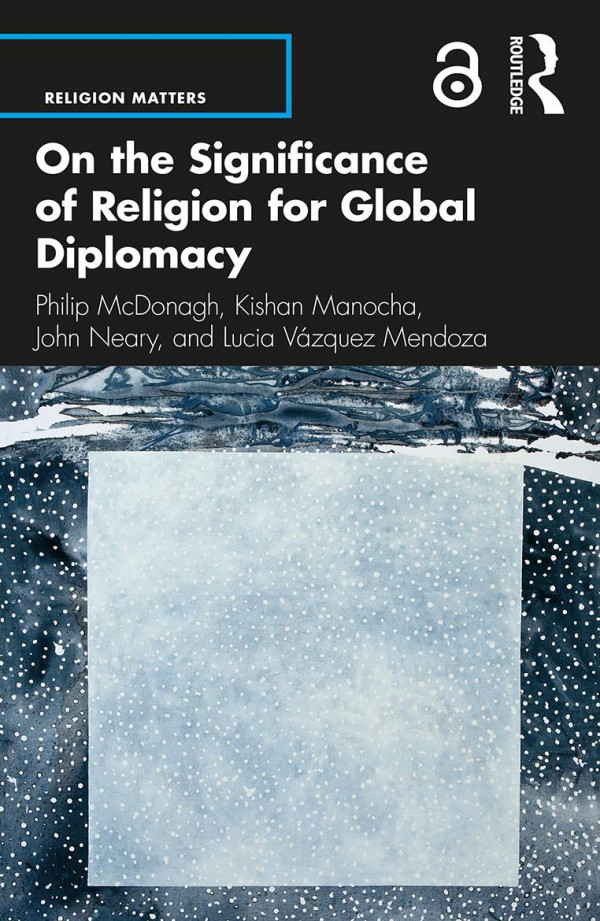

Most ebook files are in PDF format, so you can easily read them using various software such as Foxit Reader or directly on the Google Chrome browser.
Some ebook files are released by publishers in other formats such as .awz, .mobi, .epub, .fb2, etc. You may need to install specific software to read these formats on mobile/PC, such as Calibre.
Please read the tutorial at this link: https://ebookbell.com/faq
We offer FREE conversion to the popular formats you request; however, this may take some time. Therefore, right after payment, please email us, and we will try to provide the service as quickly as possible.
For some exceptional file formats or broken links (if any), please refrain from opening any disputes. Instead, email us first, and we will try to assist within a maximum of 6 hours.
EbookBell Team

4.3
28 reviewsWhat could it mean, in terms of strengthening multilateral diplomacy, if the UN, the Organisation for Security and Cooperation in Europe (OSCE), the European Union, and other regional diplomatic frameworks engaged more creatively with a religious perspective?
In this ground-breaking volume it is argued that international organisations, backed by governments, can and should use their convening power to initiate new, multi-layered frameworks of engagement, inclusive of the representatives of religion. This can make multilateralism more fit for purpose and have a major impact over time on our planetary future.
The book is divided into an introduction and six chapters:Towards a culture of encounter inclusive of the world’s religious traditions
Structural questions in 21st-century diplomacy
Knowing what we ought to know: the issues that face 21st-century diplomacy
Towards the global objective of a common peace for humanity
Understanding how change happens
The diplomacy of the two standards
The development of new frameworks of engagement
A brief outline is offered of what an all-European initiative – an agora for Europe – might look like if, in the 2020s, there were the political will to inaugurate a European regional process reflecting the orientation and methodology proposed in the book.
Combining cutting-edge research and reflection, with concrete recommendations for academics, religious actors, policy makers, and practitioners, this concise and accessible volume helps to build bridges between these oftentimes separated spheres of engagement.